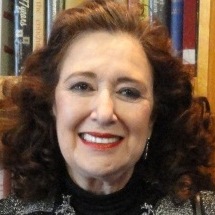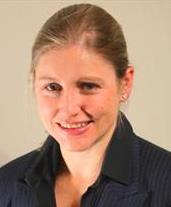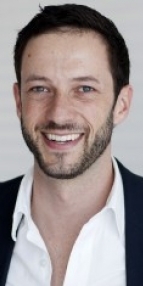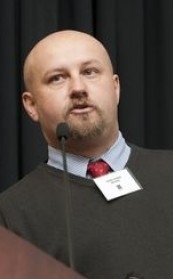
Israel

21st trip is Reeva’s formidable cherry
ANT KATZ
On her first trip she took 50 prominent Jews, 25 from Cape Town and 25 from Johannesburg, who wanted to know more about Israel. Over the years Forman has progressed from taking general groups, to taking political, financial and general media editors as well as financial and economic strategists and the tour includes visits to Israel, Jordan and the Palestinian territories.
 Forman is a humanitarian and while she loves Israel passionately, she loves the whole Middle East neighbourhood and likes her guests to see the good and the bad sides.
Forman is a humanitarian and while she loves Israel passionately, she loves the whole Middle East neighbourhood and likes her guests to see the good and the bad sides.
RIGHT: Jana Marais, editor, Finweek – hasn’t quite made up her mind
“I believe that understanding the amazing Israeli economy and that of neighbouring Palestine, is a fascinating exercise. Both are relatively young countries so this may also be of relevance to our own economic growth,” says Forman.
Her latest distinguished delegation, last month, was her 21st and included Waldimar Pelser, editor of Rapport; Ron Derby, editor of Sunday Times Business Times; Jana Marais, editor of Finweek; Dr James Myburgh, editor and publisher of Politicweb; Frans Cronje, CEO of the SA Institute of Race Relations; Temba Nolutshungu, director of the Free Market Foundation; Dr Rabelani Dagada, information systems manager at the Wits Business School; and Graham McIntosh, a retired politician and businessman.
 The itinerary was superb and the delegation was exposed to speakers at the highest levels of the regional economy and politics. So, what did they have to say? Here is a smattering. (SEE MORE HERE)
The itinerary was superb and the delegation was exposed to speakers at the highest levels of the regional economy and politics. So, what did they have to say? Here is a smattering. (SEE MORE HERE)
Rapport editor Waldimar Pelser. Writing on the Jewish State’s reputation as the Middle East’s only democracy, Pelser says one incident stands out in particular: “As with every case of conflict in this blood-soaked region of the world, there is a background to every story.”
LEFT: Rapport editor Waldimar Pelser
He says that Jews and Palestinians, much like South Africans, have long sought ways of living together. But today there is more and more fervour to seek an amicable divorce than getting together. (SEE MORE HERE)
Frans Cronje, head of the SA Institute of Race Relations, South Africa’s premier think-tank promoting political and economic freedom, wrote a lengthy piece for The Times of Israel after this trip.

RIGHT: Frans Cronje, CEO, SA
Institute of Race Relations
“South Africa is ground-zero for the global Boycott, Divestment and Sanctions movement (BDS),” wrote Cronje. “The prominence of this movement is reflected in the SA media, academia, most civil society groups, and in the SA government and ruling party – all having taken vociferously anti-Israel lines. The apartheid analogy is regularly drawn – which coming from South Africa, further quashes Israel’s global standing.”
“Yet South Africa’s own reputation is also in need of attention,” he reminds his readers of today’s reality that is SA. “Once Mandela’s ‘rainbow nation’, the country’s standing has been battered by a series of corruption scandals, human rights abuses, threats to democratic institutions, increasingly weak economic performance, strained foreign relations, and an unfortunate voting record in the United Nations.” ((SEE MORE HERE)
Finweek editor Jana Marais, who has very deep roots as a financial journalist and editor, is still trying to make sense of it all. “It’s easy to sit outside of the region and judge. It is much harder not to take a more balanced view once you have seen a bit of the situation on the ground and heard people’s fears and concerns on both sides,” says Marais.
She says she came home with an understanding of how much more there is to learn about the history and political complexities of the region. She found her visit to Israel “fascinating” and “a lot more complex than I expected it to be”. (SEE MORE HERE)
READ ASSOCIATED ARTICLE WHICH COVERS MORE DEPTH




